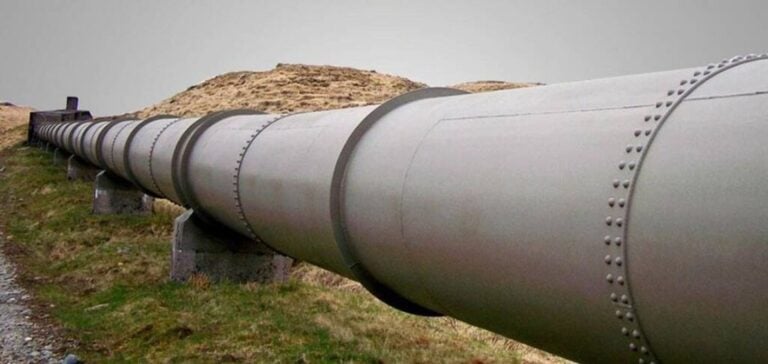In July, the TurkStream pipeline, linking Russia to Southeast Europe, transported an average of 45.5 million cubic meters of gas per day, for a total of 1.41 billion cubic meters over the month.
This volume was surpassed only in August 2023, with 1.43 billion cubic meters.
These figures show a steady demand for Russian gas in this region.
Pipeline deliveries of Russian gas to Europe are currently limited to TurkStream and transit via Ukraine, entering at the Sudzha point.
In July, total pipeline flows to Europe reached an annual peak of 2.52 billion cubic meters, up 15% on June and 11% on the previous year.
Impact on beneficiary countries
Among the main beneficiaries of gas via TurkStream are Hungary and Serbia, two countries with close ties to Moscow.
Hungary, one of the few EU countries to continue importing significant volumes of Russian gas, signed a 15-year agreement with Gazprom in September 2021 for the supply of 4.5 billion cubic meters per year, while importing additional volumes.
Russian gas via TurkStream can also be delivered to Romania, Greece, Northern Macedonia and Bosnia-Herzegovina.
These diversified deliveries underline TurkStream’s strategic importance in European energy geopolitics.
Ukrainian Transit: A Complex Equation
Despite the ongoing war, Gazprom continues to export gas to Europe via Ukraine, with stable deliveries in 2024 of around 42 million cubic meters per day.
However, the five-year gas transit agreement between Russia and Ukraine is due to expire at the end of 2024.
This could affect countries like Austria and Slovakia, which still depend on this transit.
OMV, the Austrian company, has already announced that it will not sign a new transit contract for Russian gas deliveries.
OMV CEO Alfred Stern said the company would stick to the contractual delivery point at the Slovak-Austrian border.
This reflects a cautious strategy in the face of post-2024 gas transit uncertainties.
Post-2024 scenarios
Slovakia is considering the creation of a European consortium to take delivery of gas at the Russian-Ukrainian border, a solution deemed “feasible” by SPP, the Slovakian company.
Hungary’s MVM supports any solution that guarantees a secure gas supply.
Azerbaijan’s president, Ilham Aliyev, has stated that Azerbaijan has been approached by Kiev and the EU to facilitate a possible extension of the transit agreement.
Discussions are also underway with Russia to ensure future transit via Ukraine.
Prospects and challenges
Without gas flows via Ukraine, countries like Austria and Slovakia could face serious challenges, potentially requiring significant additional expenditure to secure alternative sources of gas.
In 2023, Russian gas deliveries via Ukraine totaled 14.65 billion cubic meters, down 28% on the previous year and 65% on 2021.
The geopolitical situation and market dynamics will continue to shape the future of Russian gas flows to Europe.
It is crucial to assess and implement sustainable solutions to guarantee the continent’s energy security.
Azerbaijan’s role in negotiations and the creation of European consortia could play a key role in shaping these flows.






















